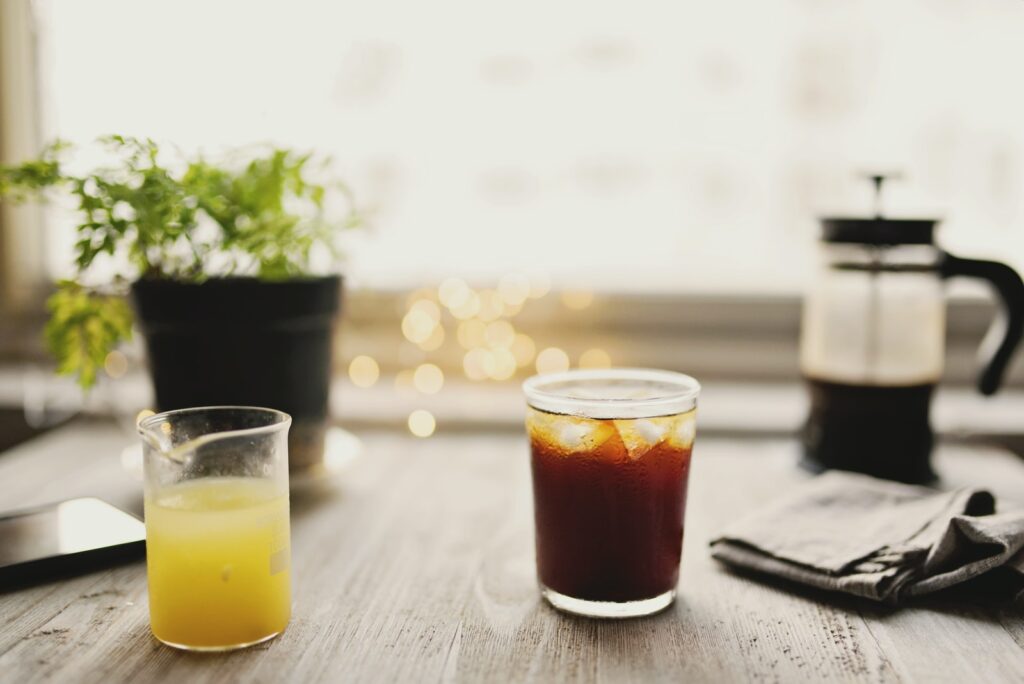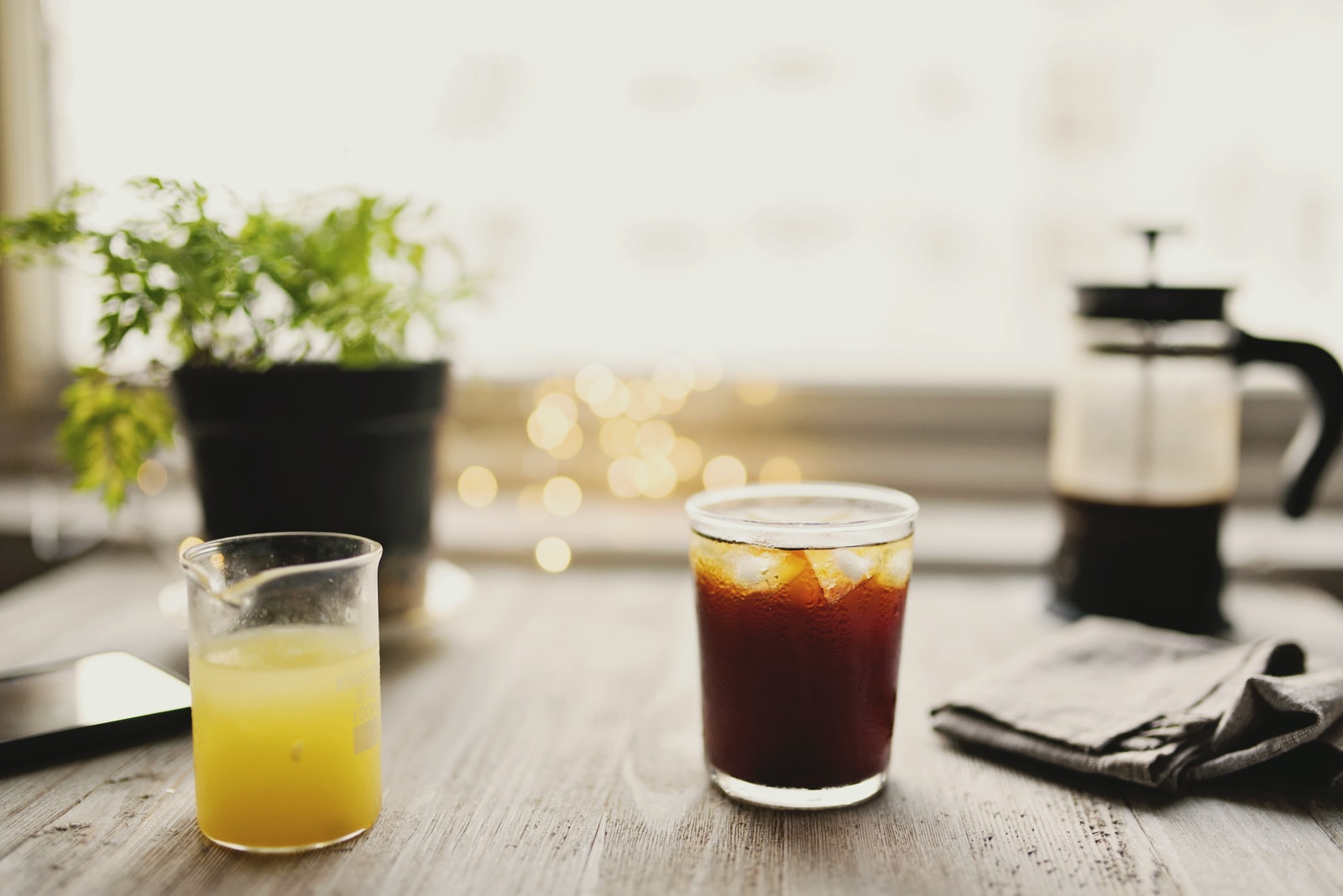
Unlocking the Perfect Brew: The Best Water Temperature for Coffee
For coffee aficionados, the quest for the perfect cup is a never-ending journey. It’s a pursuit that involves meticulous bean selection, precise grinding techniques, and the careful calibration of brewing methods. But amidst all these factors, one element often holds the key to unlocking the full potential of your coffee: water temperature. The best water temperature for coffee isn’t just a detail; it’s a cornerstone of a truly exceptional brew.
This article delves into the science behind the best water temperature for coffee, exploring how it impacts flavor extraction and offering practical advice for achieving coffee perfection. We’ll examine the optimal range, discuss the consequences of getting it wrong, and provide tips for mastering temperature control, regardless of your brewing method.
The Science of Extraction: Why Temperature Matters
Coffee brewing is essentially a chemical extraction process. Hot water dissolves the soluble compounds from the ground coffee beans, resulting in the complex flavors we savor. The temperature of the water plays a critical role in this process. Too cold, and the extraction is incomplete, yielding a sour, underdeveloped brew. Too hot, and you risk over-extraction, leading to a bitter, acrid taste. The best water temperature for coffee strikes a delicate balance, coaxing out the desired flavors without harshness.
The soluble compounds in coffee beans are extracted at different rates depending on the water temperature. Acids, which contribute to brightness and acidity, extract first. Then come the sugars and carbohydrates, which provide sweetness and body. Finally, the bitter compounds, like certain oils, are extracted last. Finding the best water temperature for coffee helps you control this extraction process, ensuring you get the desired balance of flavors.
The Optimal Temperature Range
The generally accepted best water temperature for coffee for brewing is between 195°F and 205°F (90°C and 96°C). This range is widely considered the sweet spot for optimal extraction. Within this range, the water is hot enough to dissolve the desirable compounds without scorching the coffee grounds and extracting the undesirable bitter elements.
It is important to note that the exact best water temperature for coffee may vary slightly depending on the brewing method, the roast of the beans, and personal preference. Lighter roasts might benefit from slightly higher temperatures, while darker roasts may fare better with the lower end of the range. The key is to experiment and find what works best for your particular setup and palate.
Consequences of Incorrect Water Temperature
Using water that is too cold or too hot can significantly impact the flavor of your coffee. Understanding these consequences can help you avoid common brewing pitfalls.
- Under-extraction (Water Too Cold): Brewing with water that’s too cold (<195°F) results in under-extraction. The coffee will taste sour, acidic, and underdeveloped. The desirable flavors haven't been fully dissolved, leaving a weak and often unpleasant cup.
- Over-extraction (Water Too Hot): Water that’s too hot (>205°F) leads to over-extraction. This extracts the bitter compounds and oils, resulting in a harsh, burnt, and unpleasant taste. The coffee will often taste bitter, acrid, and potentially even metallic.
In both scenarios, the best water temperature for coffee is missed, and the potential of the beans is not fully realized.
Achieving the Perfect Temperature: Tools and Techniques
Controlling water temperature is crucial for consistent and delicious coffee. Fortunately, there are several tools and techniques available to help you achieve the best water temperature for coffee:
Using a Thermometer
A dedicated thermometer is an essential tool for any coffee enthusiast. A digital thermometer is the most accurate and convenient option. You can use it to monitor the water temperature as it heats and during the brewing process. This allows for precise control and consistency.
Kettles with Temperature Control
Temperature-controlled kettles are a modern convenience that simplifies the process. These kettles allow you to set the desired water temperature and automatically heat the water to that level. This removes the guesswork and ensures consistent results. Many models also have a “hold” feature that maintains the temperature for a set period.
The “Off the Boil” Method
If you don’t have a temperature-controlled kettle, the “off the boil” method is a simple alternative. Bring your water to a boil, then remove it from the heat. Allow it to cool for about 30-60 seconds before pouring it over your coffee grounds. This will bring the temperature down to within the optimal range. However, this method is less precise than using a thermometer or a temperature-controlled kettle.
Brewing Method Considerations
The optimal water temperature can vary slightly depending on the brewing method. Here’s a general guideline:
- Pour Over: Aim for 195°F-205°F (90°C-96°C).
- French Press: 195°F-205°F (90°C-96°C). Allow the water to cool slightly after boiling.
- Aeropress: 175°F-185°F (80°C-85°C). Aeropress often benefits from a slightly lower temperature due to its shorter brew time and pressure.
- Espresso: Espresso machines typically have built-in temperature controls, but the target range is usually around 195°F-205°F (90°C-96°C).
These are general guidelines, and experimentation is encouraged. The best water temperature for coffee for your particular brewing method may vary based on your equipment and preferences.
Beyond Temperature: Other Factors to Consider
While the best water temperature for coffee is paramount, it’s not the only factor that influences the final product. Other elements contribute to the overall quality of your brew:
- Freshness of the Beans: Use freshly roasted coffee beans. The fresher the beans, the more complex and nuanced the flavors.
- Grind Size: The grind size should be appropriate for your brewing method. Finer grinds are used for espresso, while coarser grinds are used for French press.
- Water Quality: Use filtered water. Tap water can contain minerals and chemicals that can negatively impact the taste of your coffee.
- Brewing Time: Adhere to the recommended brewing time for your chosen method. Over-extraction or under-extraction can occur if the brew time is incorrect.
Optimizing these factors in addition to the best water temperature for coffee will help you achieve coffee perfection.
Troubleshooting Common Temperature Issues
Even with the right equipment and knowledge, sometimes things go wrong. Here are some common temperature-related issues and how to address them:
- Coffee tastes sour: This often indicates under-extraction due to water that’s too cold. Try increasing the water temperature slightly.
- Coffee tastes bitter: This may be due to over-extraction from water that’s too hot. Try lowering the water temperature.
- Coffee tastes weak: This could be due to under-extraction or using too little coffee. Ensure you’re using the correct coffee-to-water ratio.
- Coffee tastes burnt: This usually indicates that the water was too hot. Adjust the temperature accordingly.
By carefully monitoring and adjusting the best water temperature for coffee, you can address these issues and improve your brewing results.
Conclusion: Mastering the Art of Coffee Temperature
Achieving the best water temperature for coffee is a fundamental step in the pursuit of coffee excellence. By understanding the science behind extraction, utilizing the right tools, and experimenting with different brewing methods, you can unlock the full potential of your coffee beans. Remember that the optimal temperature is a range, and the perfect brew is a matter of personal preference. Embrace the process, experiment with different variables, and enjoy the journey of discovering your ideal cup.
The quest for the perfect cup of coffee is ongoing, but with attention to detail and a focus on the best water temperature for coffee, you’ll be well on your way to brewing truly exceptional coffee, every time. Happy brewing!
[See also: Related Article Titles]


